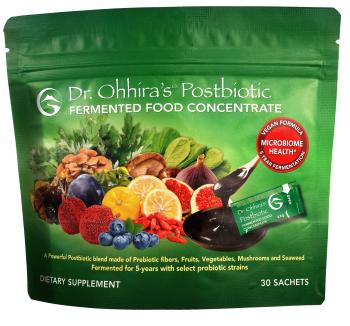The agricultural forecast is grim.
At the current rate of devastation caused by industrial farming, topsoil across the world will be depleted in 60 years.
If that’s not enough bad news, add to it the fact that industrial agriculture is responsible for up to one-fourth of “the emissions driving the climate crisis,” according to the Regenerative Organic Alliance (ROA). But there’s hope.
What is Regenerative Organic Agriculture?
Their collection of farming practices aims to protect and strengthen the farm ecosystem by focusing on soil health.
Regenerative organic agriculture practices include:
- using cover crops
- minimal soil disturbance
- low or no tilling
- crop rotation
- grazing rotation
- composting
- complete avoidance of:
- synthetic pesticides
- synthetic fertilizers
Benefits of Regenerative Organic Agriculture
According to the ROA website, regenerative organic agriculture can:
- rehabilitate soil
- respect animal welfare
- improve the lives of farmers
- sequester carbon
- build healthier communities
- reap more nutritious and abundant yields
Benefits of Organic Food
While producers of conventional food may downplay the health benefits of organic, a meta-analysis in 2022, reported by the Institute for Functional Medicine, found an 11 percent lower probability of obesity in those who ate organic food.
Another meta-analysis of almost 350 peer-reviewed publications found that “concentrations of antioxidants such as polyphenols were much higher in organic crops and organic crop–based foods.”
For example, flavanones—key for radical scavenging activity—were found to be 69 percent higher in concentration in organic crops.
Benefits of Regenerative Agriculture
“Regenerative agriculture is being widely researched by organizations including the Rodale Institute and Nutrient Density Alliance to prove out soil health metrics, carbon sequestration, and nutrient density,” said Kristie Cerutti, vice president of supplement company Ancient Nutrition.
In addition to being invested in both of these organizations, their own R.A.N.C.H. Project focuses on Regenerative Agriculture, Nutrition, and Climate Health, which includes the launch of a new supplement line that is fully Regenerative Organic Certified.




